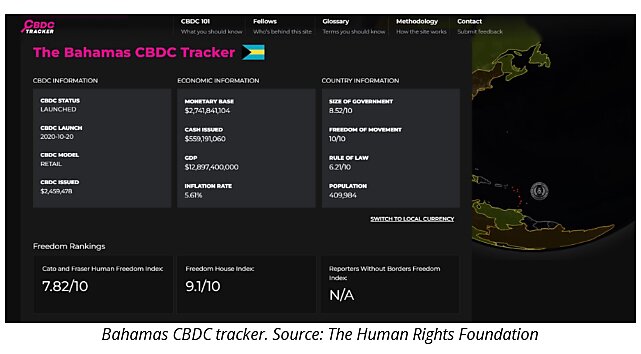The scheme resulted in a cash shortage that led to protests and riots in the street, but it was ultimately celebrated by the Central Bank of Nigeria when CBDC adoption rose from 0.5 to 6 percent after people had nowhere else to turn.
Although the Central Bank of The Bahamas is taking a less drastic approach than the Central Bank of Nigeria, it still showcases a fundamental difference between endeavors in the public and private sectors.
In the private sector, someone might open a shop only to learn their services are not right for the market they are in. For instance, a snowboarding shop is unlikely to do well in the middle of The Bahamas. With no customers coming in the door, the shop will either close down or pursue a new business model. However, pursuing a new business model will also require convincing investors to volunteer funds to support the new venture. Failure to make a compelling case will mean the end of the business.
The experience in the public sector is a different story. Government projects are not so quick to shut down. First, unlike in the private sector, no one is volunteering the funds to support the project. The profit model that guides resources in the private sector to where they are most valued is instead replaced with the values of government officials.
Second, the government has an unmatched ability to resort to force. The Nigerian government forced cash off the streets and now the Bahamian government is planning to force banks to distribute the CBDC. No business has this sort of power.
No business is forcing people to use Bitcoin, Ether or any other cryptocurrency. Even Ripple — a company working with several central banks to develop CBDCs — is not able to force people to use its own cryptocurrency, XRP. Yet, despite CBDCs being around for only a few years, there are now two clear examples of two vastly different governments resorting to some form of force.
As a general rule, central bankers (and all government officials) would be wise to remember that if something has to be forced, it’s probably not a good idea in the first place. CBDCs are no exception to this rule.

